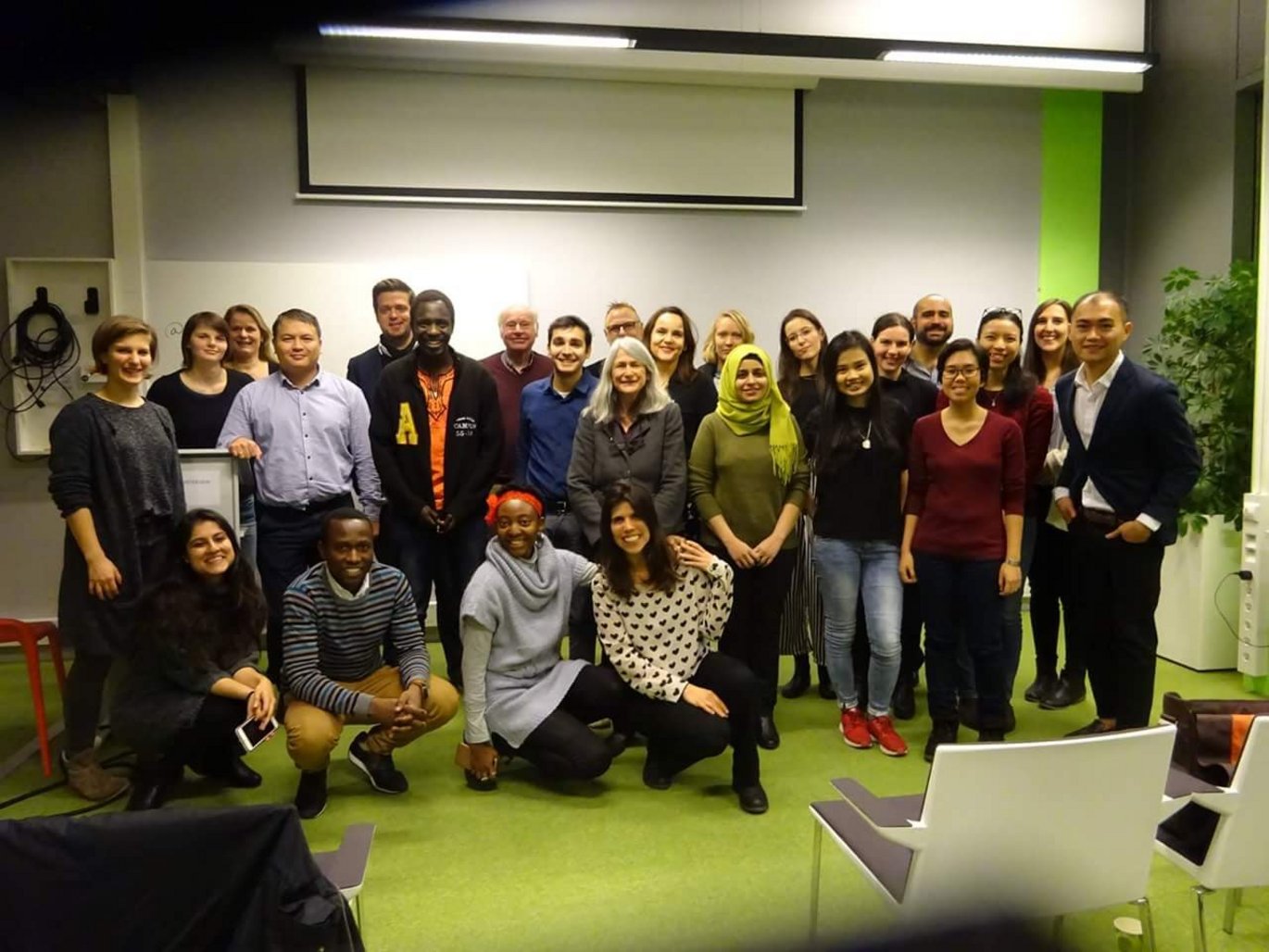Successful first Research Workshop in Amsterdam
After an intense day of presentations, comments and vivid discussions, Mundusians wrapped up the first Erasmus Mundus Journalism Research Workshop at the University of Amsterdam.

In this vibrant city, members of staff as well as current and former students met in order to get to know more about some of the research projects that are being conducted at five of the different partner universities. This was an invaluable moment for sharing knowledge and enhancing cooperation among the Mundus community.
I come from Brazil, but I first heard about this Mexican start-up from a Spanish friend from our class, who knew Pictoline when she was living in Peru.
The day started at 9am and finished at 6pm. It went through four panels addressing different issues related to journalism and the media - from news production to reception, and dealing with journalistic practices and media cultures as well. All presenters were current or former Mundus students, who showed the research they had developed as part of their studies. Final exams from courses and Master theses were presented for an audience made up of students and teachers. After the presentations, representatives from staff from the five partner universities shared their publication strategies, providing useful insights and advise to help early-stage researchers to swim into the academic world.
The presentations addressed a wide variety of topics, all of them linked with the theories and practices studied throughout the programme. For instance, Laura Maia de Castro analyzed the Mexican start-up called Pictoline, and their innovative use of drawings and social media to explain the news. This study case is not only assessing the use of new technological platforms and business models for the future of journalism, but it is also a fair evidence of what the Erasmus Mundus programme is all about. “I come from Brazil, but I first heard about this Mexican start-up from a Spanish friend from our class, who knew Pictoline when she was living in Peru,” Laura said, describing this truly international experience.
This workshop showed the high quality of the research developed in the five different locations of the Mundus programme, with a mixture of methods and topics that strengthen the core values of this international academic initiative. But not only that: this workshop also showed the rich diversity of the Erasmus Mundus Masters with speakers and issues from all over the world: Zimbabwe, Nigeria, Pakistan, Vietnam, Germany, Chile, Kazakhstan, the US, Kenya, Brazil, Philippines, and Denmark were, among others, the countries represented.
Further news to come about how to improve and operationalize the cooperation among researchers, teachers and students. This workshop was, for sure, a very valuable kick-off in this regard.
Article written by Mundus Journalism student Catalina Gaete
Photo credit: Erasmus Mundus Journalism